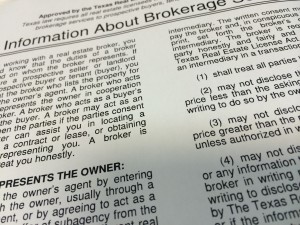We were talking in the office the other day about some of the old 2 bedroom, 1 bath homes built in the 1940s in communities all across America. In many places, those homes are being revitalized and retooled as many cities look to downtown areas for new growth. Those old 2/1 homes (real estate lingo for 2 bedroom, 1 bath) often raised families with multiple children and those small spaces seemed like all a family needed. Now, our expectations of space are much larger. So exactly how many bedrooms do you need? Is there a magic number?
When it comes to resale, we typically recommend no less than three bedrooms. The days of 2/1 homes are something from the past and although there is some revitalization of those homes, there is still a smaller pool of people looking for them and buying them. Many times when they are bought, they are purchased by investors who go in and reconfigure and expand the homes to more common 3 bedroom, 2 bath homes.
If you have a larger family of course, you’ll want more bedrooms. Much like the smaller homes, as you increase the number of bedrooms, you change your buyer pool. Four bedrooms? Not so bad. Five bedrooms? Still doable, but definitely getting harder to sell in the future. Six or more? At this point your probably looking at luxury homes and a completely different set of considerations.
Overall, 3 to 4 bedrooms seems to be the sweet spot. Remember, many people use a bedroom as an office/study, so if your home has a dedicated room for that, you may not need the extra bedrooms. The median quick sale home at the moment would definitely be the 3 bedroom, 2.5 bath – kind of the gold standard for suburban living.
Of course, the number of bedrooms you need is up to you. If you have a large family or know you’ll be having a lot of guests, more bedrooms might be the way to go. We do recommend avoiding large bedroom counts if you’re thinking of using the bedroom as a rental down the line. We’ve seen more than one 5 bedroom home sit for a long time waiting for tenants. It’s a combination of factors, one of the big ones being that for the price you’ll want to rent it for, most people would be able to buy and with a smaller buyer pool, you need to be competitive and attractive for quicker turnaround.
Find the number that works for you and remember, somewhere out there is someone looking for exactly the same. So while you may have to wait a bit, you’ll find that someone for your home when it’s time to sell.




